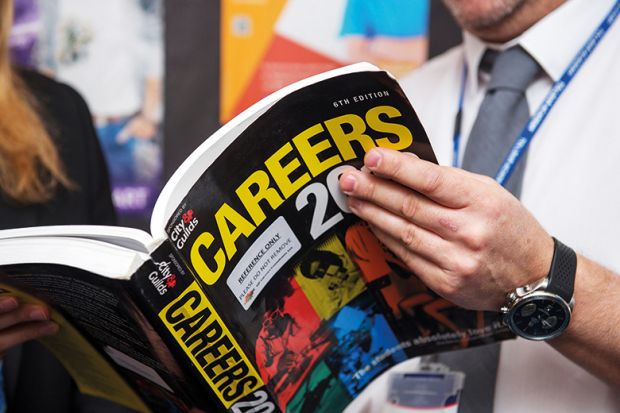Ken Bain’s 2004 book, What the Best College Teachers Do, is something of a contemporary classic on the practice of higher education. One of the main themes of the book is the idea that the highest goal for college teachers is to inspire an intrinsic love of learning among college students.
What is missing from this book, however, is an appreciation of the fact that learning is also an instrumental practice.
One of the central questions for Bain’s book is how to stimulate motivation among students and get them to care about their education. The answer for Bain, in short, is that the best educators try “to avoid extrinsic motivators and to foster intrinsic ones, moving students toward learning goals and a mastery orientation”. The “extrinsic motivators” in question that are to be avoided include a focus on grades, harsh and judgmental feedback, and encouraging competition between students. These are seen as detrimental to developing an intrinsic appreciation for learning.
Access the 2018 US College Rankings
However, the most obvious motivator, the career for which one is training by attending college, is not considered. Indeed, the word “career” only appears six times in the book, and only once in the context of serving as an extrinsic motivator for attending college. Ironically, this lone example is a negative one, in which students attend acting classes despite lacking a strong possibility of landing a career as an actor.
In reality, however, most students take an instrumental approach to education. The vast majority of students go to college in order to get a job that they enjoy – and one that hopefully pays enough so that they can afford their student loan payments. Even those poor souls who pursue their education to the highest degree offered by our system of higher education, the PhD, usually do so with some kind of idea of the job or jobs that the degree offers them.
This approach makes a lot sense. Students getting degrees without any thought to what they may do after college are perhaps better off taking some time to figure out their next steps in life before accruing more student loan debt. For the minority of students who pursue their degrees simply because of their passion for the subject, we as educators have a responsibility to encourage them to think about the life choices open to them after college.
In fact, it is not even clear that college is the best environment to pursue education for its own sake. College tuition can run into the tens of thousands per year. Education itself is surprisingly cheap: the price of getting a library card. If one seeks international travel experience for its own sake, why not just travel? Study abroad programmes often cost just as much as college tuition. If one is seeking experience for intrinsic reasons, college is an inefficient way to go about it.
As educators, our job is to help our students achieve the goals they set for themselves, and not force choices onto them. If students view their education instrumentally, then let us help them do so as best as we can. If students view their education as valuable for its own sake, let’s help our students to think about their options and goals after they graduate from college.
Bain’s book can indeed help many aspects of the education process, as long as we remember that valuing education for its intrinsic aspects is only one way to value education.
Josiah Marineau is assistant professor of political science at Campbellsville University.
Register to continue
Why register?
- Registration is free and only takes a moment
- Once registered, you can read 3 articles a month
- Sign up for our newsletter
Subscribe
Or subscribe for unlimited access to:
- Unlimited access to news, views, insights & reviews
- Digital editions
- Digital access to THE’s university and college rankings analysis
Already registered or a current subscriber? Login






